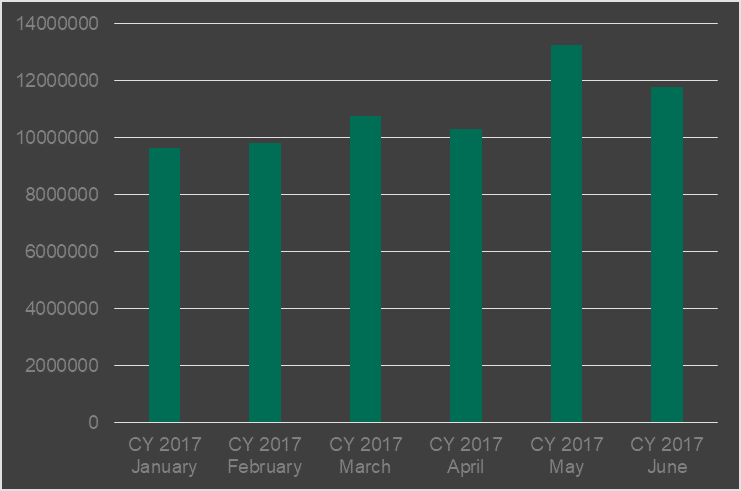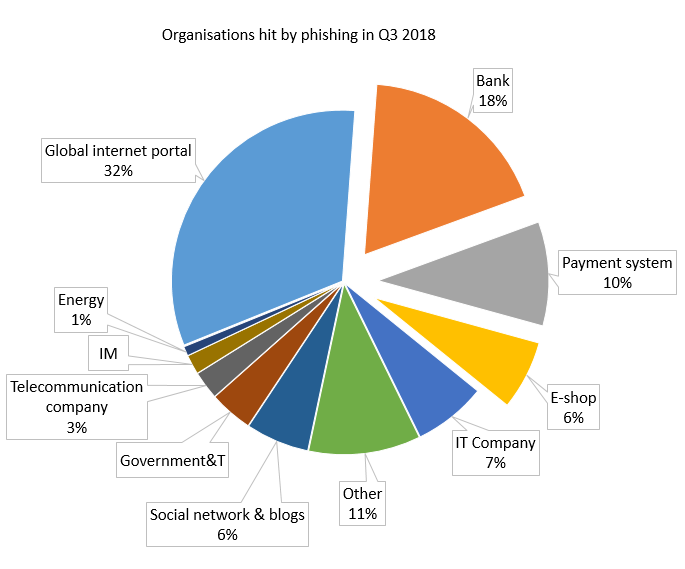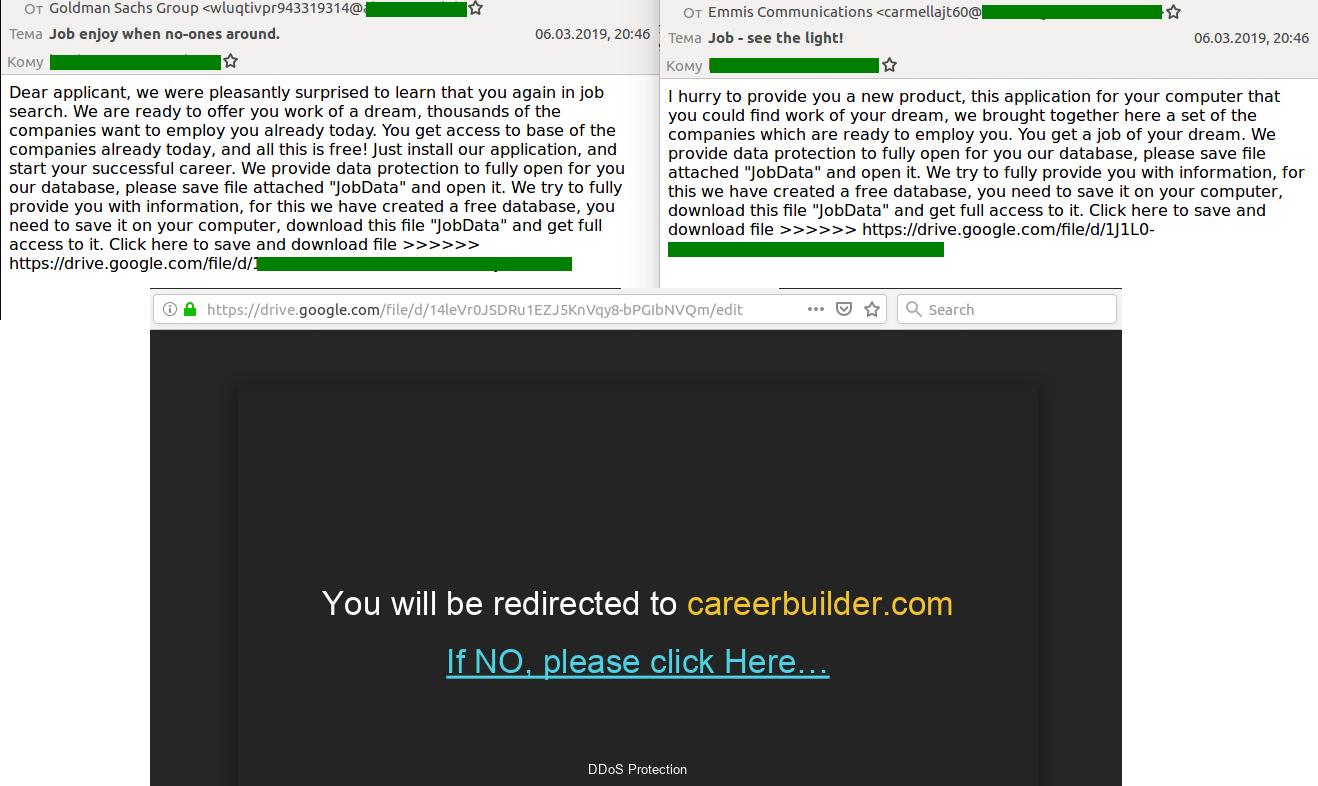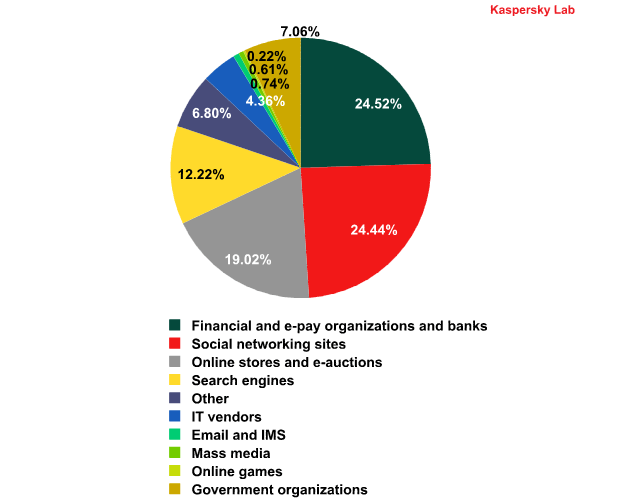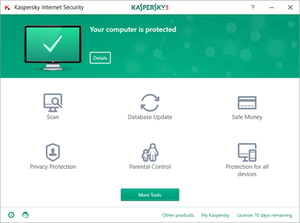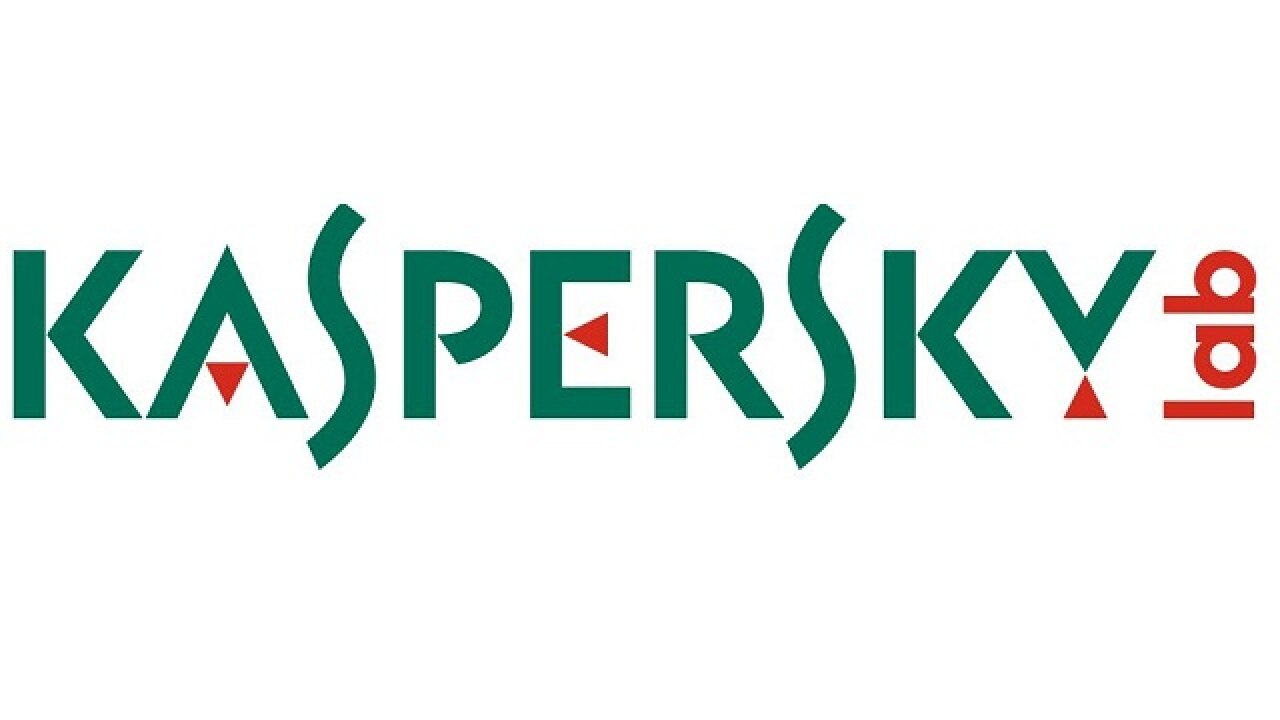Kaspersky Lab Spam Report

Fourth and fifth went to Albania 1256 and Bolivia 1232.
Kaspersky lab spam report. These and other findings are documented in Kaspersky Labs new report Spam and phishing in 2018. According to the report 40 of spam emails were less than 2 KB in size. To receive these supposedly undeliverable messages the victim is prompted to follow a link and enter their corporate account credentials on another fake login page from where they go directly to the cybercriminals.
According to Kaspersky Labs Spam and phishing in 2017 report criminals have been following a global agenda and have been using hot topics such as FIFA 2018 and Bitcoin to fool users and steal their money or personal information in the last 12 months. We will analyze all provided examples and use them to improve spam recognition technologies in our applications. Woburn MA November 12 2015 --Kaspersky Labs latest report Spam and Phishing in Q3 2015 reveals the most recent spam and phishing trends around the world.
Here are some useful tips from Kaspersky Labs team of Internet security experts to help you reduce the amount of spam email you receive. Woburn MA August 14 2018 Kaspersky Lab s Spam and Phishing in Q2 2018 report found that in the second quarter of 2018 the companys anti-phishing technologies prevented over 107 million attempts to visit phishing pages of which over one third 357 of attempts were related to financial services targeting customers via fraudulent banking or payment pages. The top three countries that are producing.
Spam is the electronic equivalent of the junk mail that arrives on your doormat or in your postbox. Kaspersky Lab clients registered a total of 145820119 triggers of Mail Anti-Virus throughout 2017. Spam emails are sent out in mass quantities by spammers and cybercriminals that are looking to do one or more of the following.
Another common trick is to report that incoming emails are stuck in the delivery queue. Phishing is one of the most flexible types of social engineering attack as it can be disguised in many ways and used for different purposes. The rating of attacks by phishers on different categories of organizations is based on detections by Kaspersky Labs Anti-Phishing component.
Kaspersky said that its Anti-Phishing system was triggered 246231645 times on the computers of Kaspersky Lab users in 2017 an increase of 91273748 from an year earlier. This report provides not only key findings and trends but also spammer methods and tricks as well as spam by source globally. It can be dangerous especially if its part of a phishing scam.



